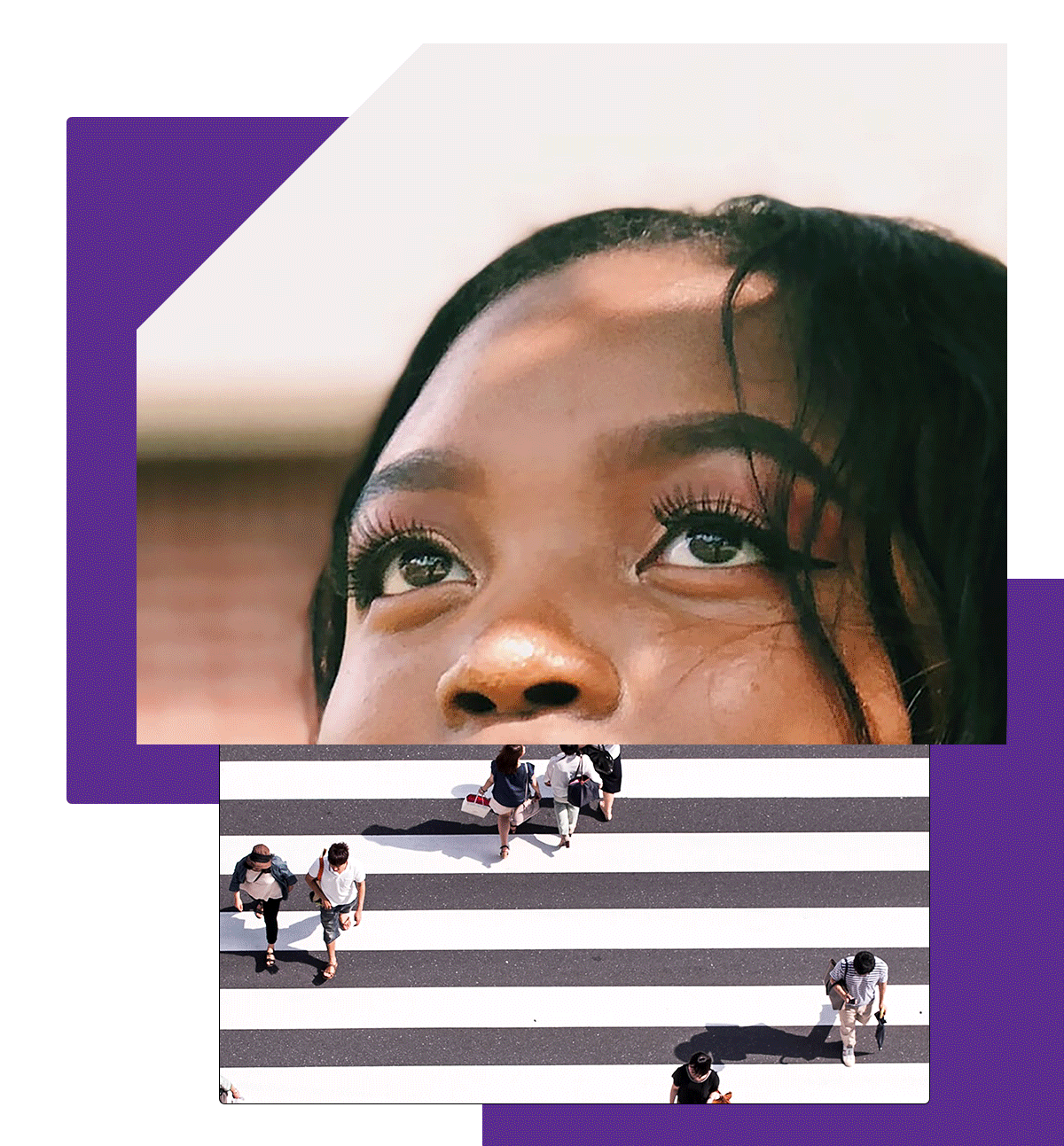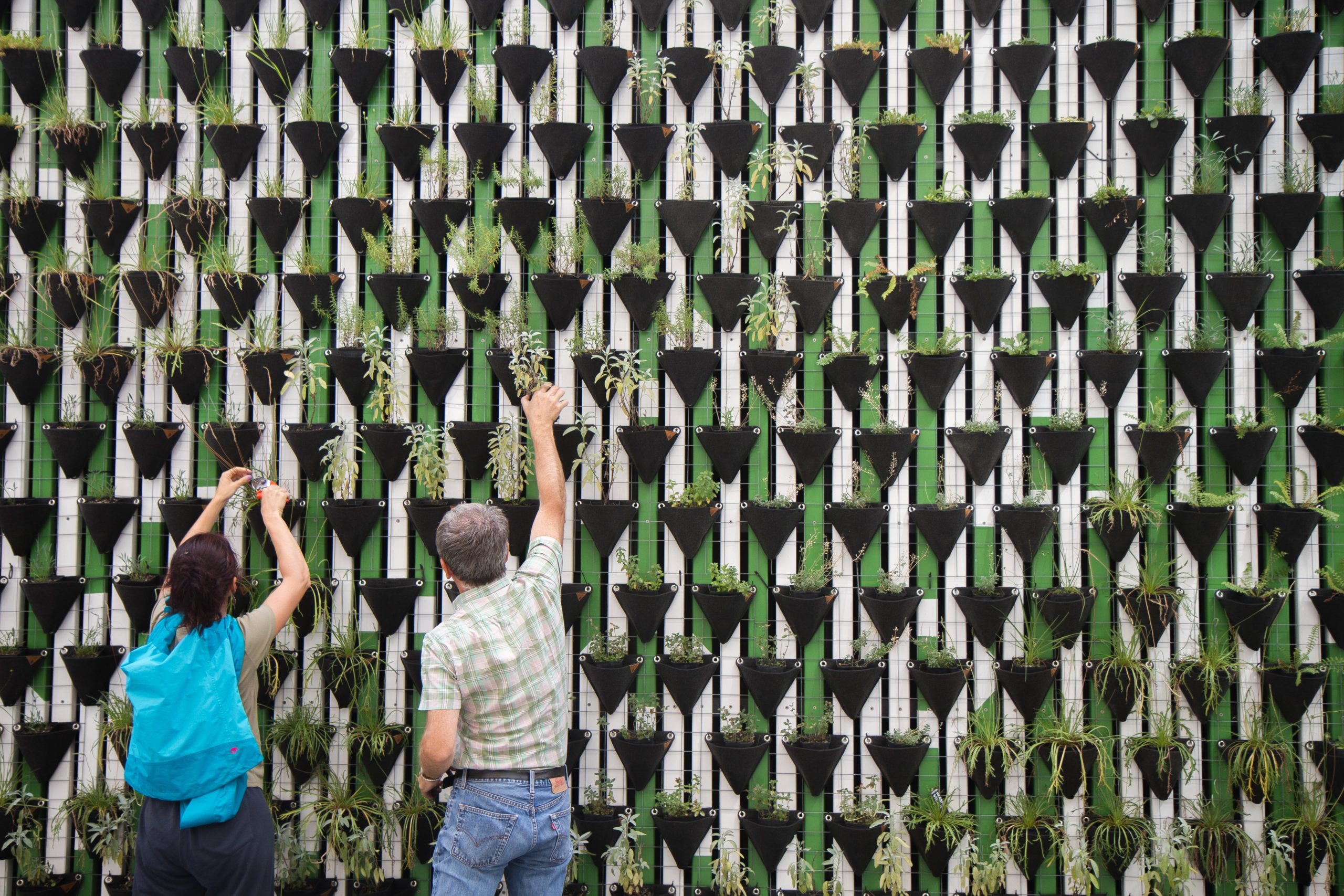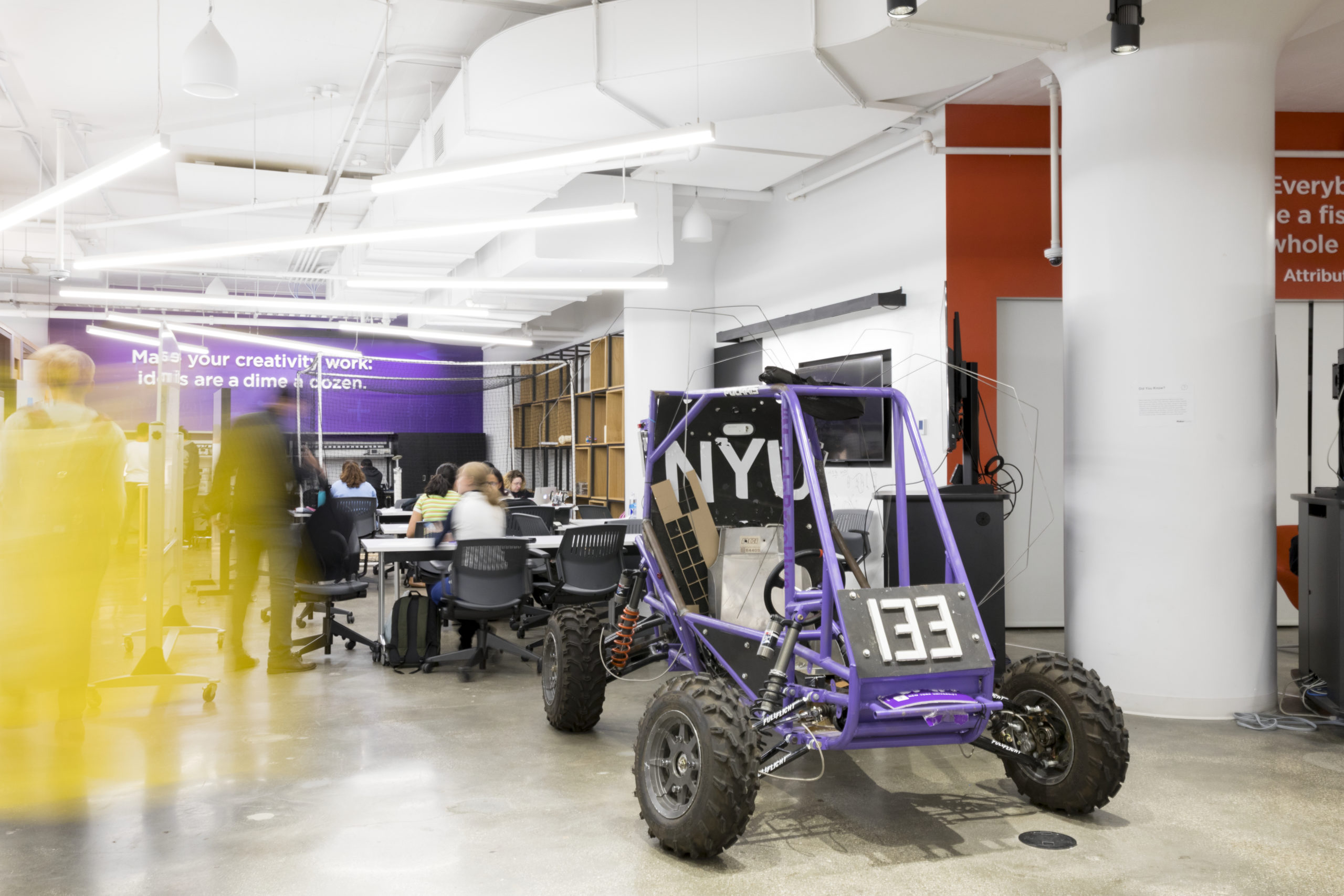The TL;DR
- Students in the Undergraduate Summer Research Program conduct 10 weeks of research.
- New York City, Abu Dhabi, and Shanghai students can participate.
- Career development, graduate school preparation, and research processes are also covered.
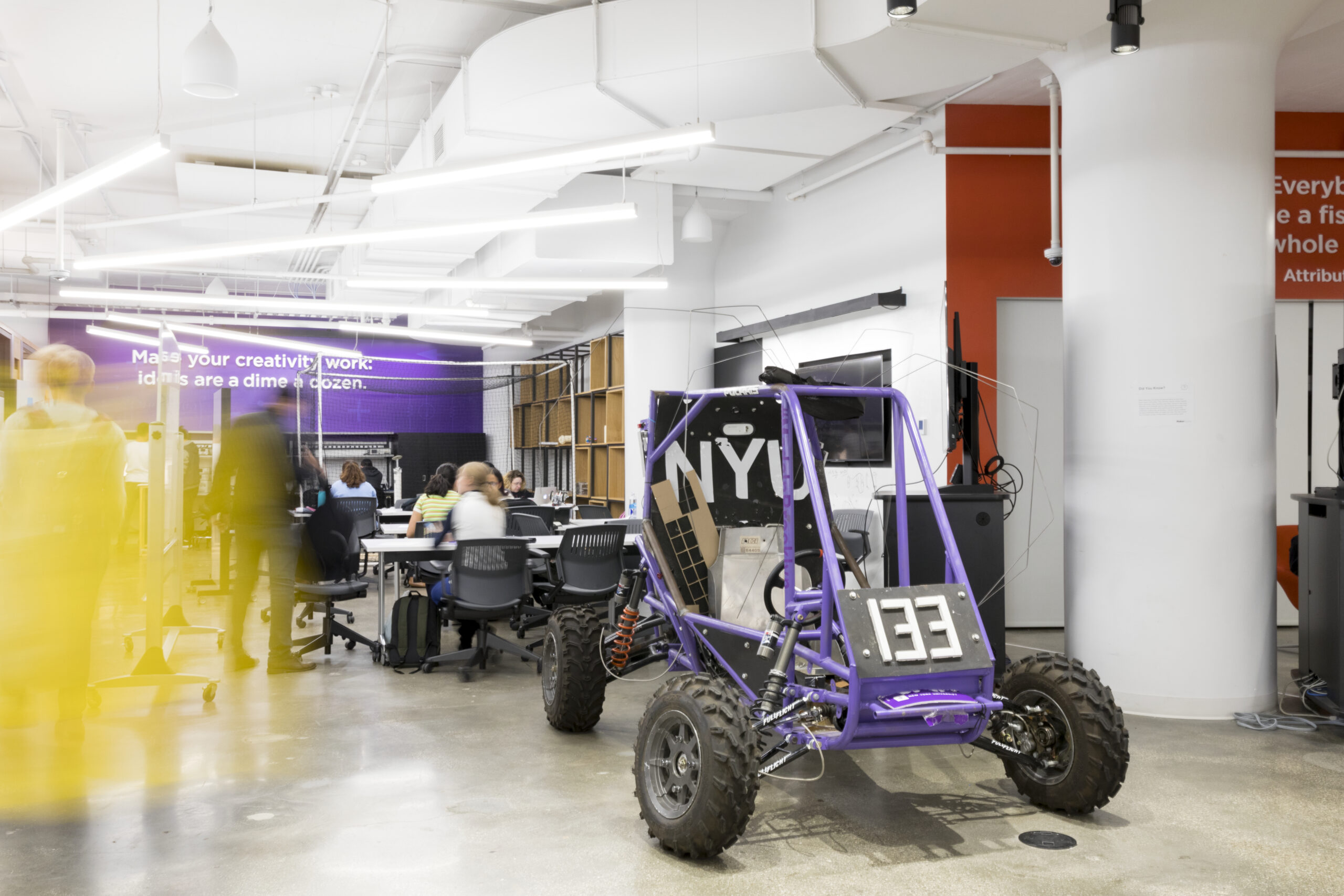
Each summer more than 100 undergraduates join NYU Tandon School of Engineering faculty inside their labs for the Undergraduate Summer Research Program. Guided by faculty and staff mentors, students conduct 10 weeks of practical research. In fact, their research explores cutting-edge ideas in cybersecurity, data science, emerging media, sustainability, urban engineering, and more. Students from Tandon, the College of Arts and Science and Tandon dual-degree program in Science and Engineering, NYU Abu Dhabi, and NYU Shanghai can participate. Many participants also receive a stipend to help cover expenses during the summer. Beyond the lab, students attend sessions on topics like career development, graduate school, and the research process from planning to publication.
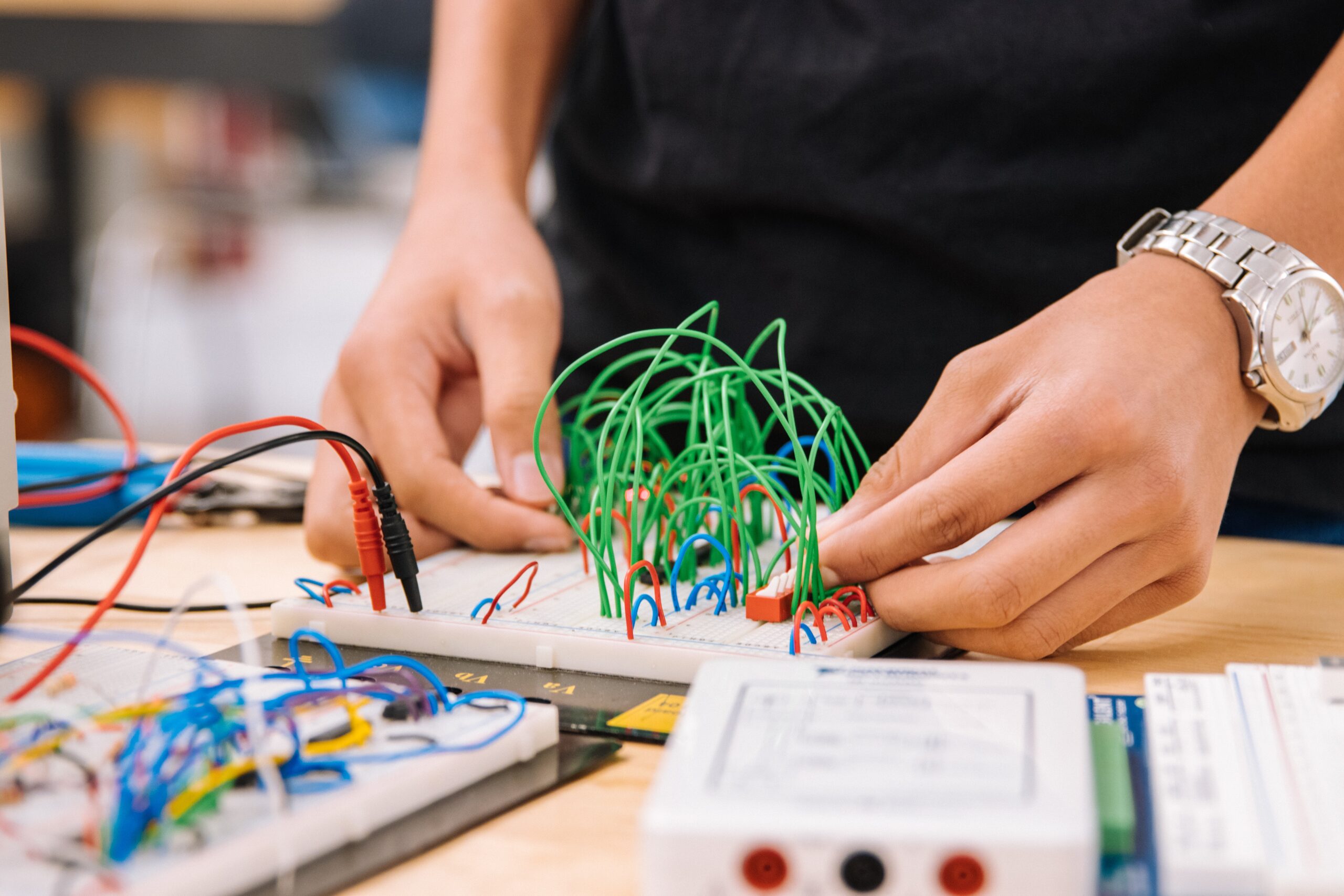
Improving Pedestrian Safety
Lukelo Luoga, an NYU Abu Dhabi Computer Engineering major, participated in the Undergraduate Summer Research Program. Moreover, he partnered with the Connected Cities with Smart Transportation center at Tandon for his 2022 summer research project. “I am very interested in pursuing research. Becoming involved in research in New York City was a huge step toward this dream,” Lukelo shares. “This was also a chance to meet people from different backgrounds and form relationships that will benefit my career. My mentors have been very helpful in providing insights about professional life and graduate education.”
For his project, Lukelo optimized a machine-learning algorithm to help autonomous and connected vehicles predict pedestrian behavior and prevent harm. From the start, his faculty and mentors were supportive, helping him learn about the field and strengthen his problem-solving techniques. “They helped me understand even the smallest details of the project, which allowed me to feel a part of the team and provide important contributions,” he says. Already, the results are exciting. The model can closely predict the paths of real New York City pedestrians.

Harvesting Solar Energy Underwater
Alice Zhang, who is on the BS/MS track of Tandon’s Chemical and Biomolecular Engineering program, participated in the Undergraduate Summer Research Program twice. It allowed her to gain experience in research and data analysis and practice her presentation skills while contributing to a field she’s passionate about. “I have always wanted to get more involved in sustainability,” she explains. “I wanted to understand more about renewable energy, and I wanted to do research through experimentation.”
Most recently, Alice helped develop a lab test to measure how solar cells will perform at various depths below sea level. In fact, improving underwater energy collection could spark advances in seabed monitoring and other underwater systems. In addition to experimenting with innovative technologies, Alice has established strong relationships with her mentors and peer researchers. “Not only did they help me learn, but the conversations I had greatly impacted my decision to continue my studies in graduate school,” she says.
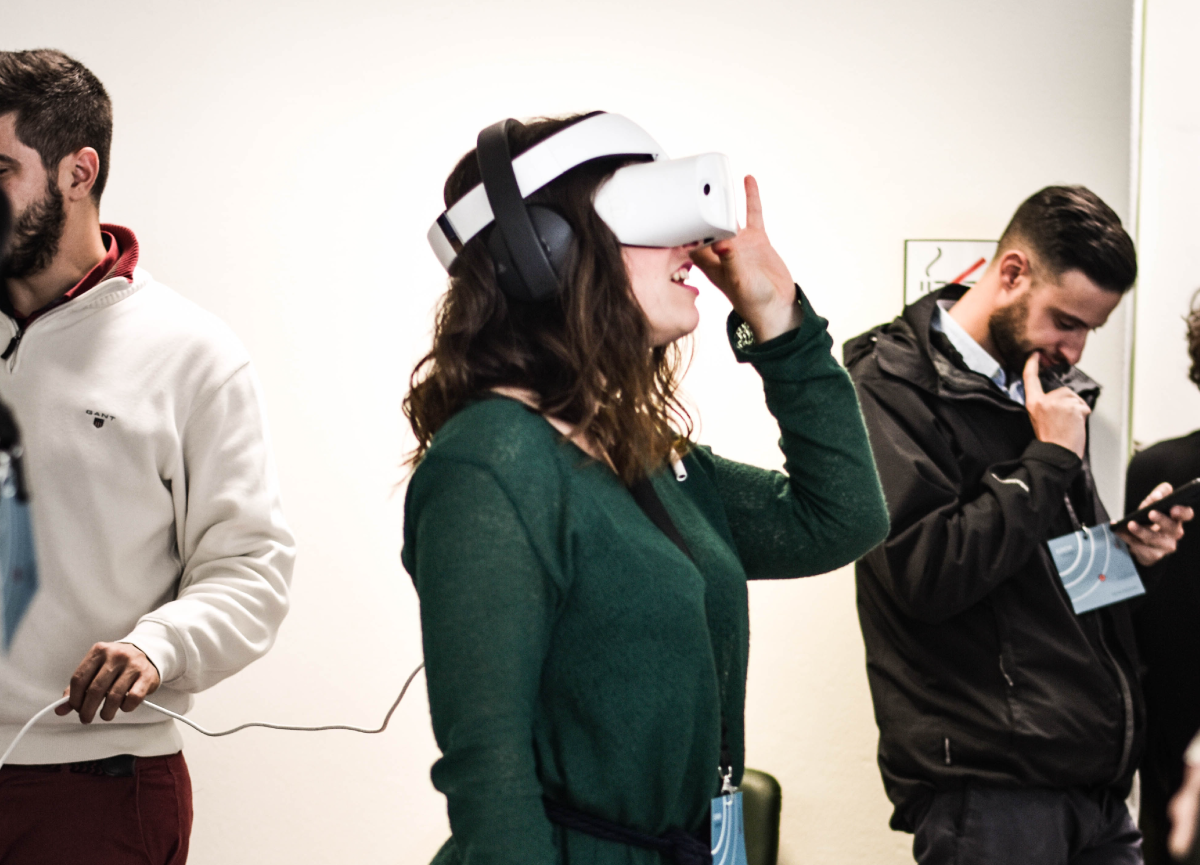
The Tandon Undergraduate Summer Research Program =
- 10 weeks of direct research and mentorship
- 350+ hours of focused research per project
- 100+ student participants every year
Designing More Inclusive Spaces
Joanna Ibrahim, a Chemical and Biomolecular Engineering major at Tandon, spent her summer research project assessing and measuring the importance of inclusive building design. For their project, Joanna’s team re-created an NYU facility in a virtual reality (VR) environment. In a second VR environment, they updated the space to better follow inclusive design principles. Individuals then attempted to navigate each environment while wearing a VR headset and experiencing simulated visual impairment. In the space featuring inclusive design, participants achieved significantly improved mobility.
Thanks to this experience, Joanna feels confident in her abilities as she applies for internships in research and development. Like her fellow students, she credits the program with building her research, problem-solving, and communication skills, thus preparing her to push forward new discoveries and scientific growth in academia and the professional world. “This experience taught me how to collaborate on projects, conduct proper literature reviews, and reach out to other researchers and experts,” says Joanna. “It also really reinforced my love for engineering and research and made me excited about my future.”

